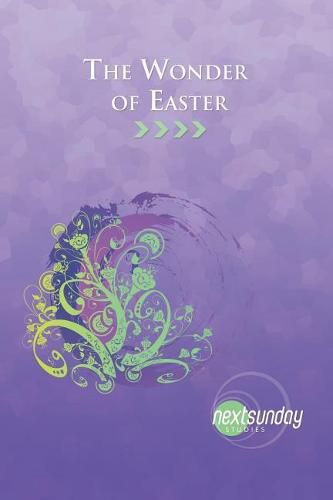Readings Newsletter
Become a Readings Member to make your shopping experience even easier.
Sign in or sign up for free!
You’re not far away from qualifying for FREE standard shipping within Australia
You’ve qualified for FREE standard shipping within Australia
The cart is loading…






In 1 Corinthians 15, Paul asserts that the message that Jesus died for our sins, was buried, and raised on the third day is of first importance (v. 3). It is the core of the gospel story and of the Christian faith. Therefore Easter, and Holy Week before it, point to central truths Christians would do well to remember and retell. Rather than looking directly at Gospel accounts of Jesus’ death and resurrection, this month’s unit will wrestle with key texts from Paul’s first letter to the Corinthians. In the Apostle’s words, we will read some of the church’s earliest theological reflection on the meaning of these events. First, we will explore how the church proclaim[s] the Lord’s death (11:26) in the bread and the wine of the Lord’s Supper. Then we will spend three weeks on 1 Corinthians 15, Paul’s lengthy defense and interpretation of resurrection faith. No one can claim to understand fully the meaning of Jesus’ saving death and resurrection. Paul certainly made no such claim. But as much as Easter is a mystery to contemplate, it is also a hope to embrace and good news to proclaim.
$9.00 standard shipping within Australia
FREE standard shipping within Australia for orders over $100.00
Express & International shipping calculated at checkout
In 1 Corinthians 15, Paul asserts that the message that Jesus died for our sins, was buried, and raised on the third day is of first importance (v. 3). It is the core of the gospel story and of the Christian faith. Therefore Easter, and Holy Week before it, point to central truths Christians would do well to remember and retell. Rather than looking directly at Gospel accounts of Jesus’ death and resurrection, this month’s unit will wrestle with key texts from Paul’s first letter to the Corinthians. In the Apostle’s words, we will read some of the church’s earliest theological reflection on the meaning of these events. First, we will explore how the church proclaim[s] the Lord’s death (11:26) in the bread and the wine of the Lord’s Supper. Then we will spend three weeks on 1 Corinthians 15, Paul’s lengthy defense and interpretation of resurrection faith. No one can claim to understand fully the meaning of Jesus’ saving death and resurrection. Paul certainly made no such claim. But as much as Easter is a mystery to contemplate, it is also a hope to embrace and good news to proclaim.